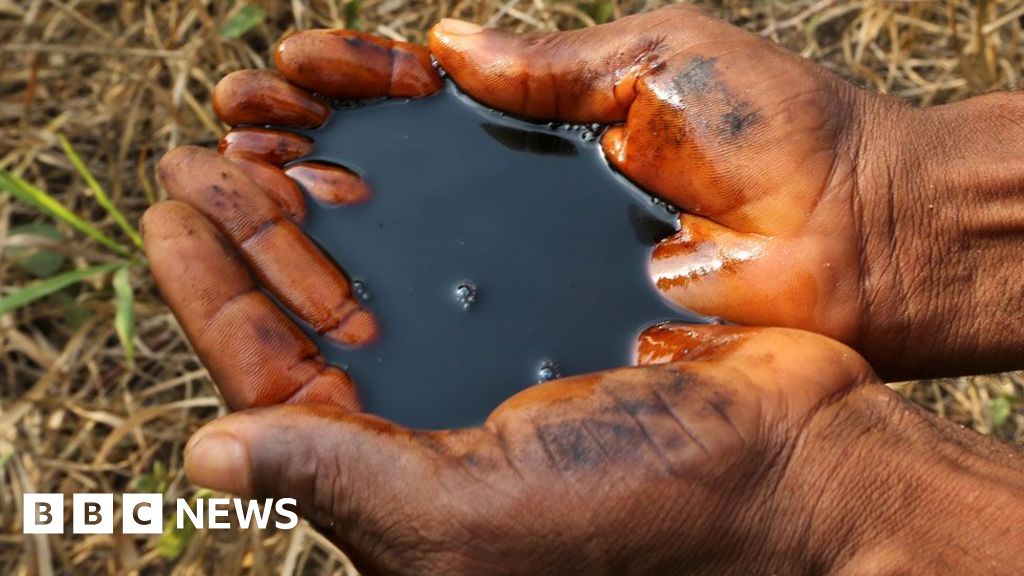A recent investigation by the BBC has revealed that energy giant Shell has been accused of ignoring warnings about issues and corruption in a clean-up operation in oil-polluted areas of southern Nigeria. The multinational company, along with the Nigerian government, has claimed that the clean-up project in Ogoniland is progressing well. However, evidence has emerged that there have been repeated warnings over the years about problems with the scheme, which is funded by various oil firms to the tune of $1bn.
One observer described the clean-up project as a “con” and a “scam” that has wasted money and failed to address the devastating impact of oil pollution on the people of Ogoniland. Shell has denied any wrongdoing and stated that spills from their facilities are promptly cleaned up and remediated. The allegations have surfaced as a civil trial is set to begin in London, where two Ogoniland communities will argue that Shell is responsible for oil pollution dating back to 1989.
The report also highlighted the challenges faced by communities in Ogoniland, where oil spills have severely impacted their health and livelihoods. The UN’s Environment Programme found that the clean-up of the area would take 25-30 years, leading to the establishment of the Hydrocarbon Pollution Remediation Project (Hyprep). However, internal documents suggest that Hyprep has been plagued by fraudulent practices, including awarding contracts to inexperienced companies and falsifying laboratory results.
Despite these allegations, Shell maintains that it is not liable for the spills, attributing them to sabotage, theft, and illegal refining activities. The company has also been involved in a separate clean-up project in Bodo, where oil spills have continued to impact the community. While Shell claims that the clean-up in Bodo is almost complete, the BBC found evidence of crude oil still present in the area.
Overall, the investigation has shed light on the challenges and controversies surrounding oil clean-up operations in Nigeria, raising questions about the effectiveness and accountability of such projects.

